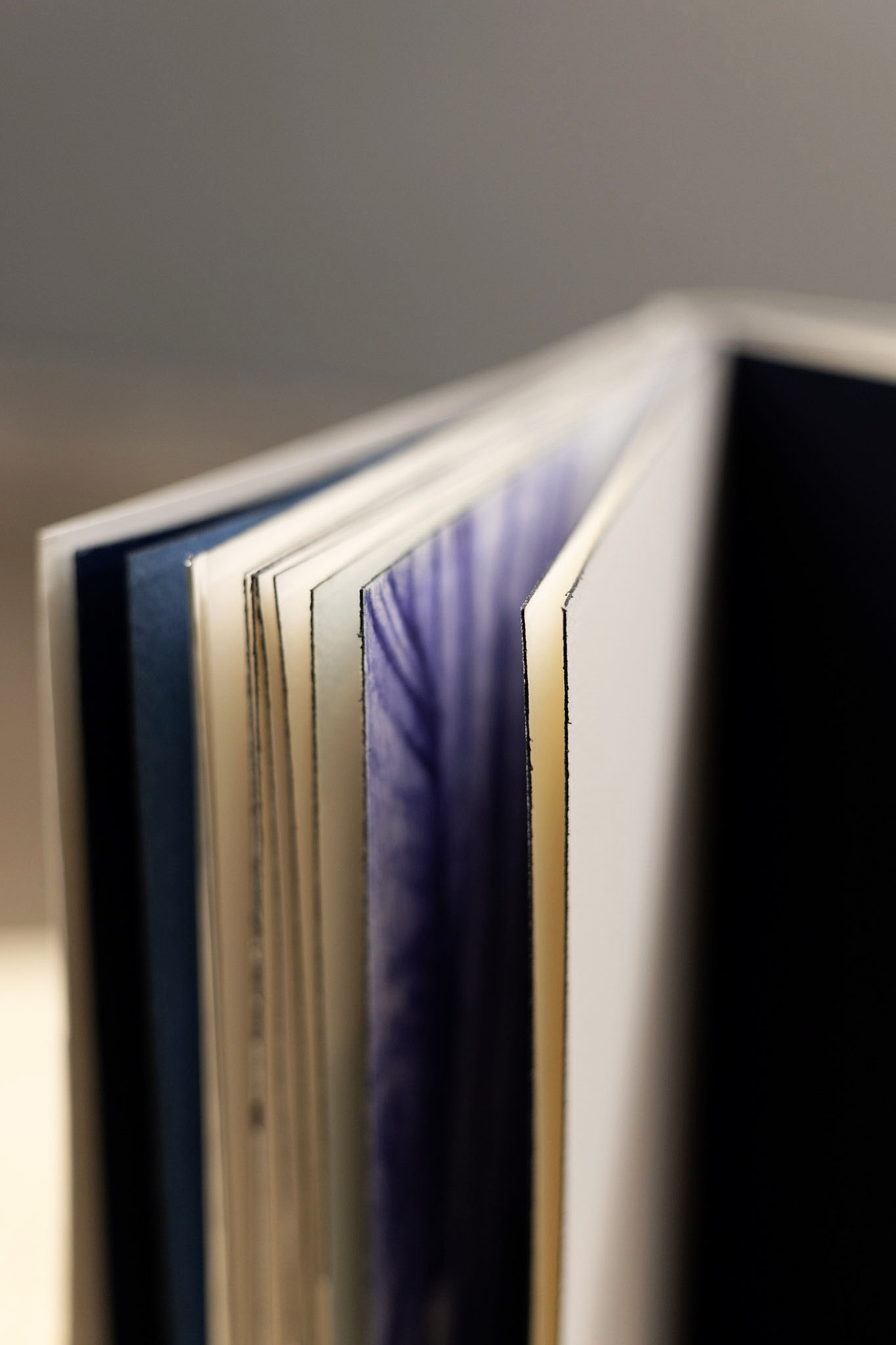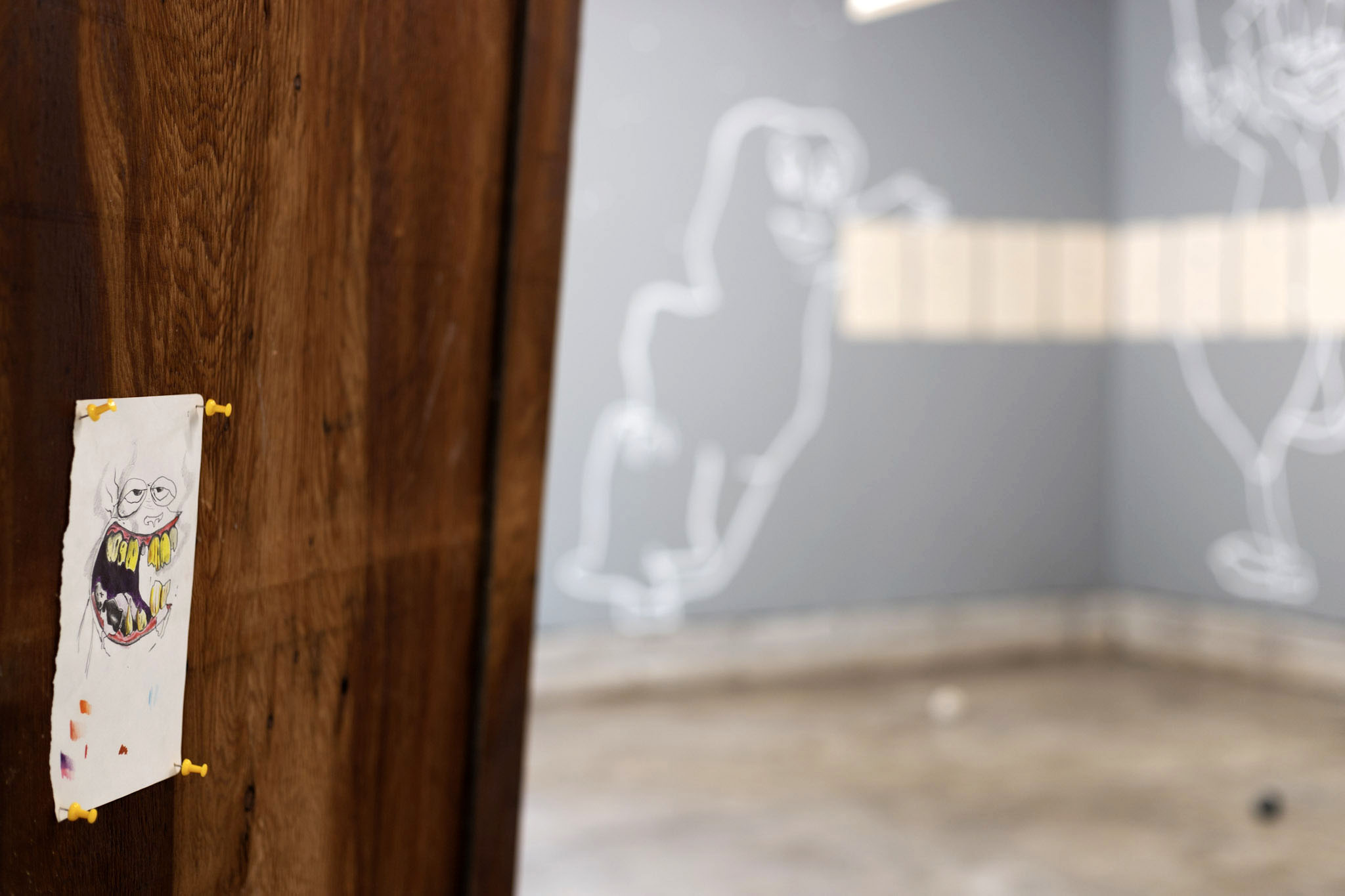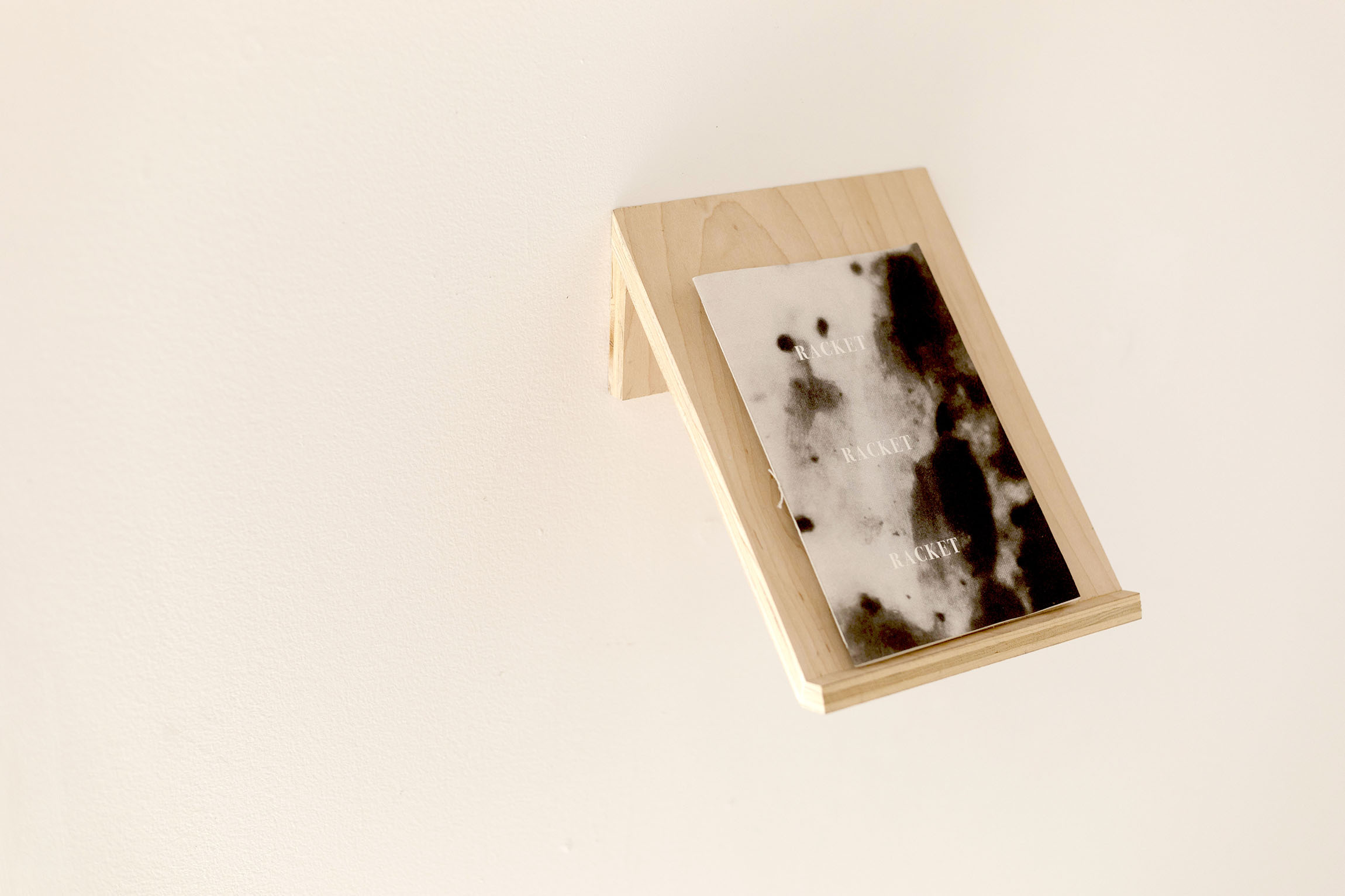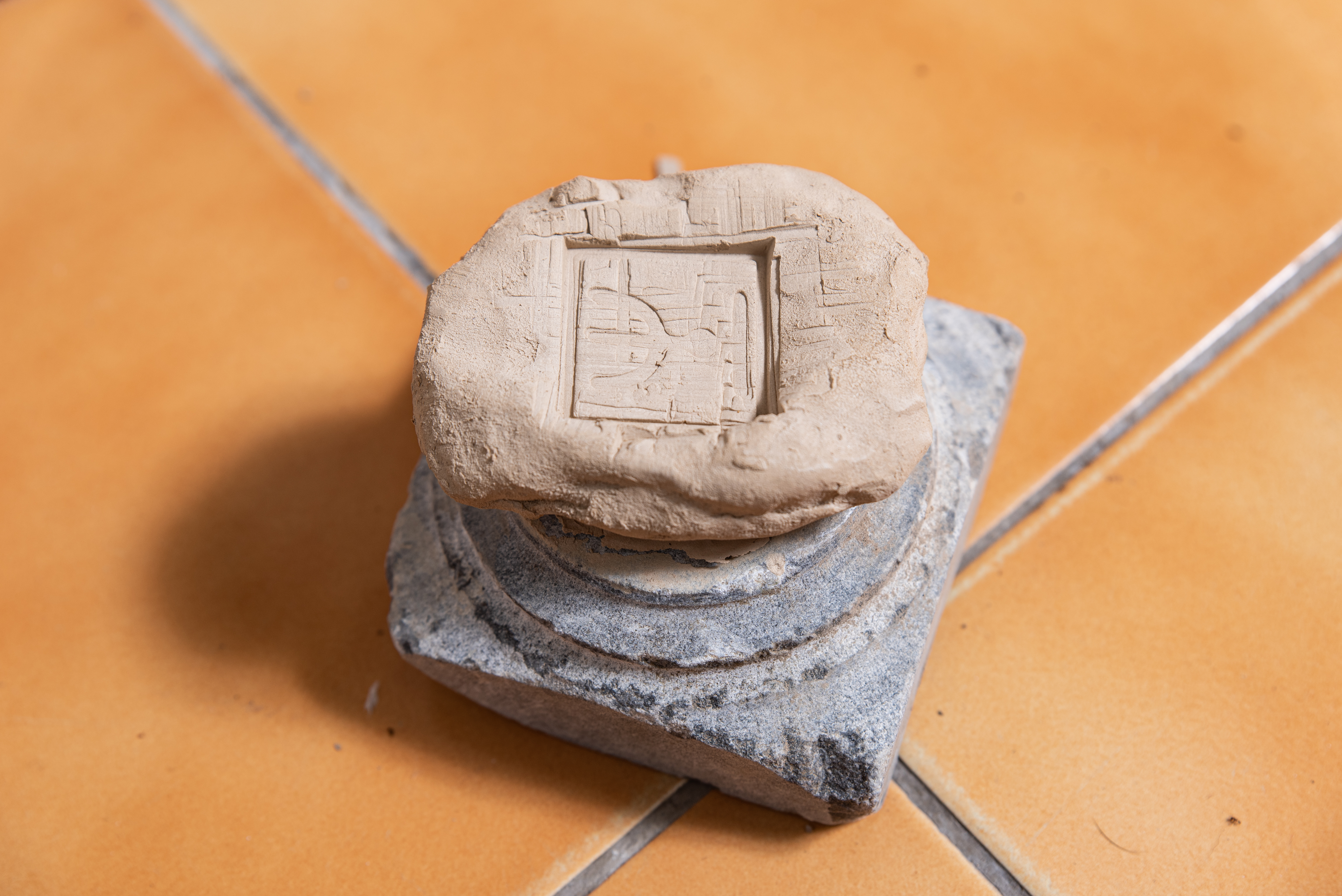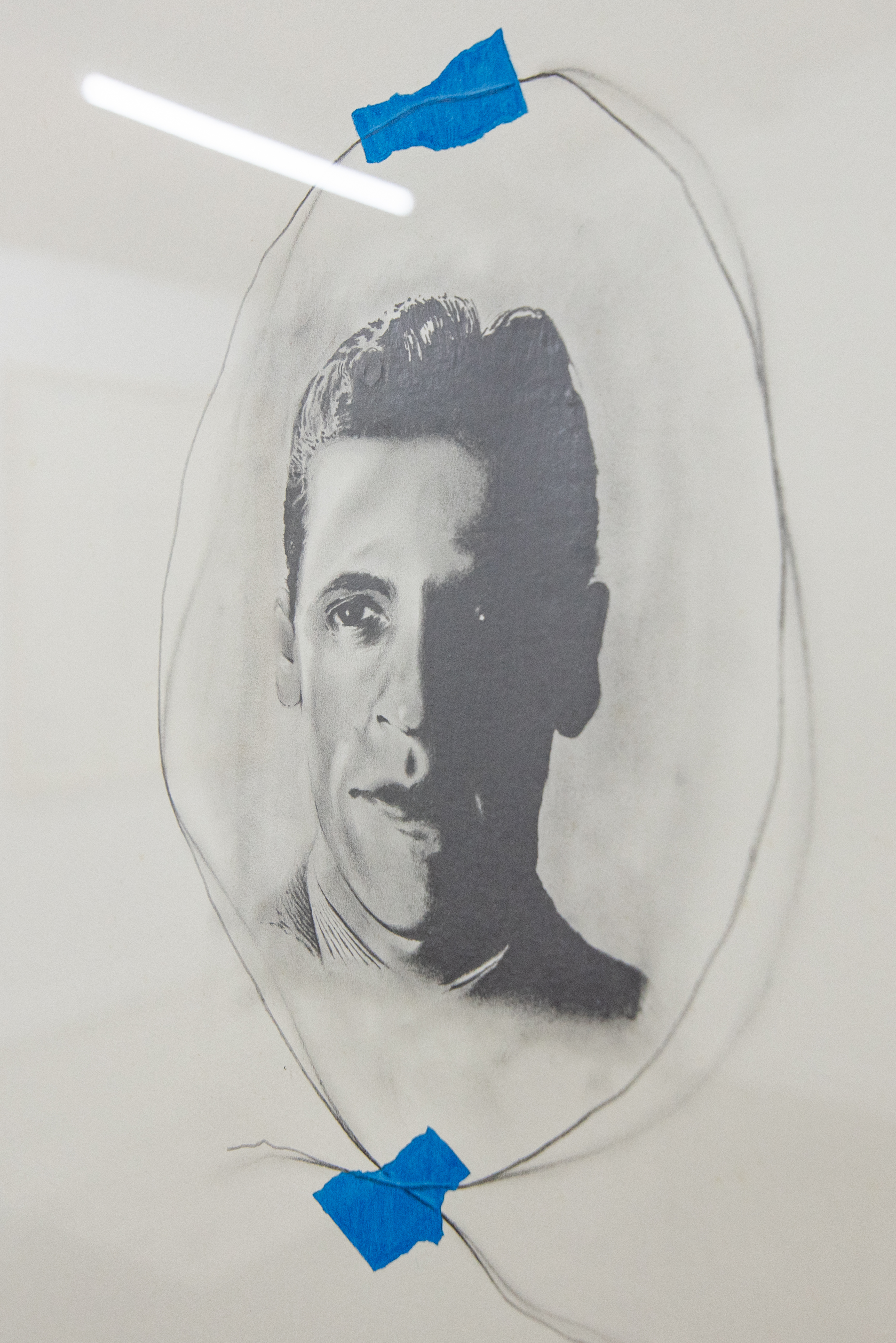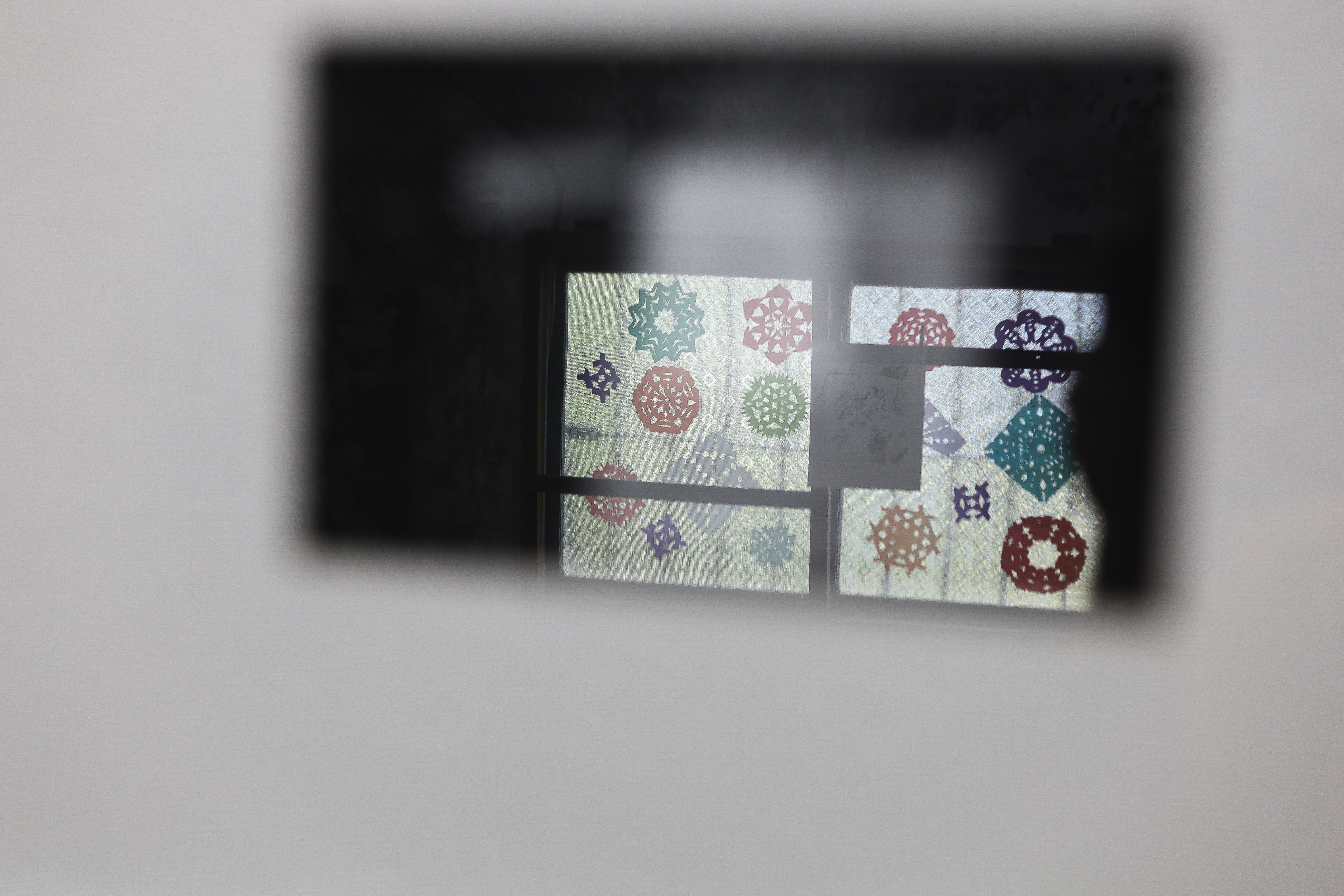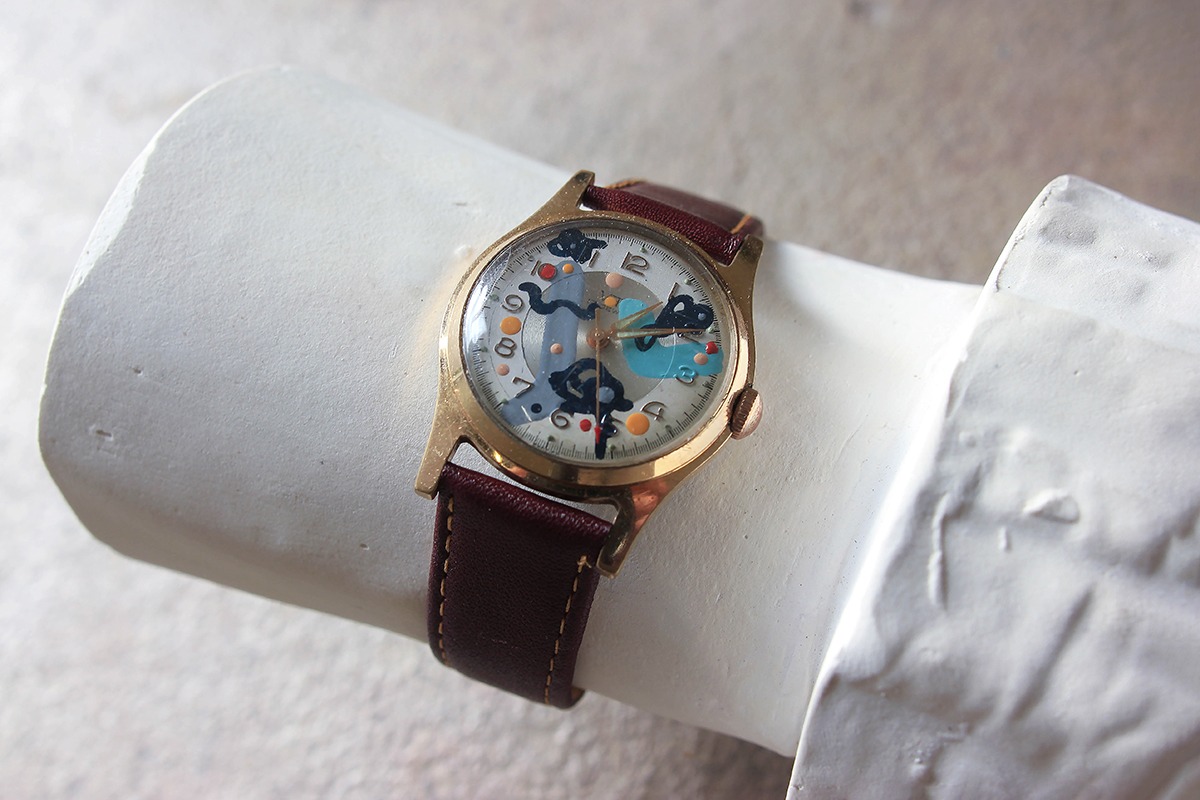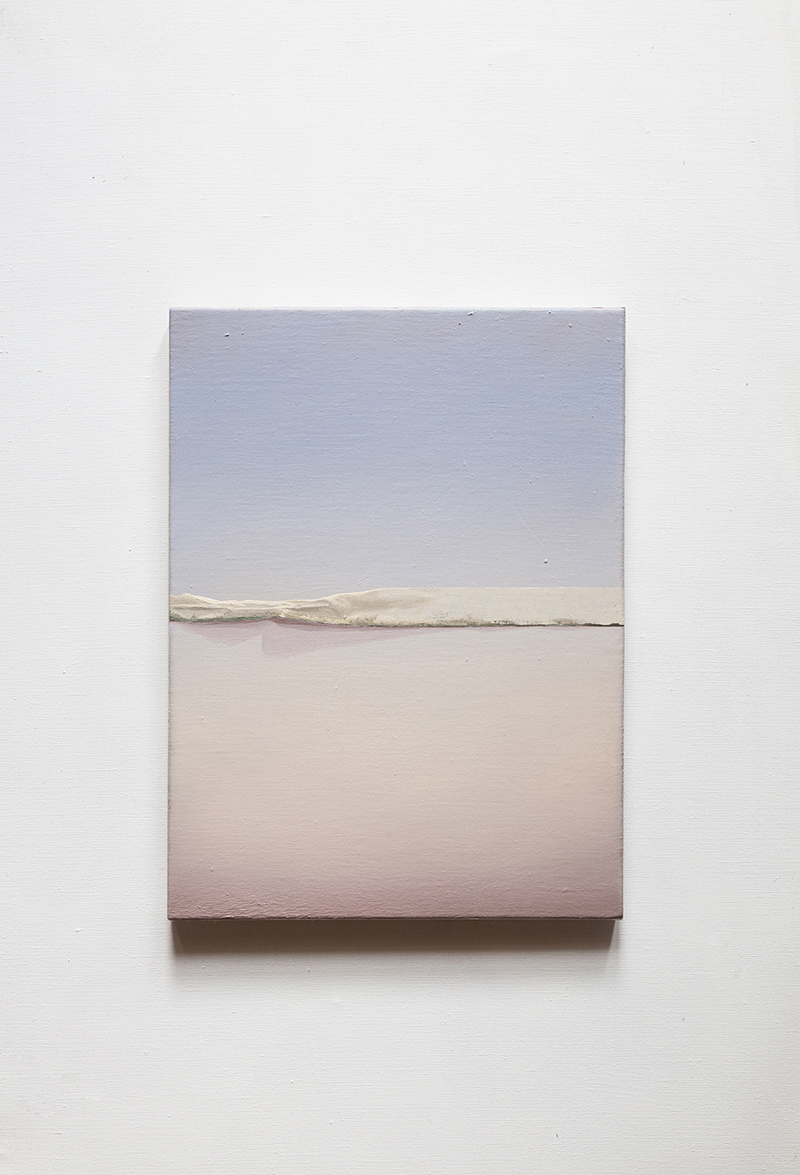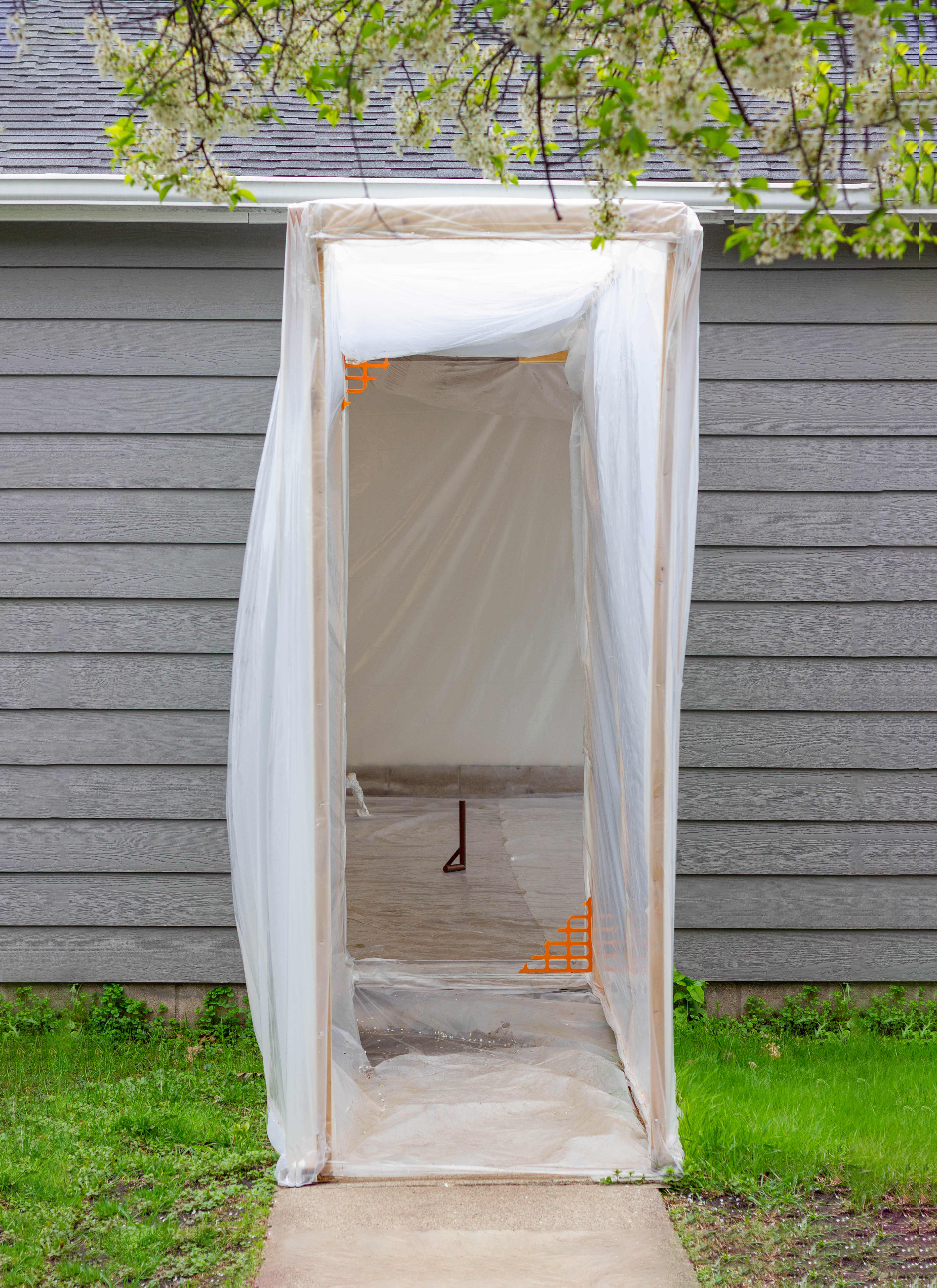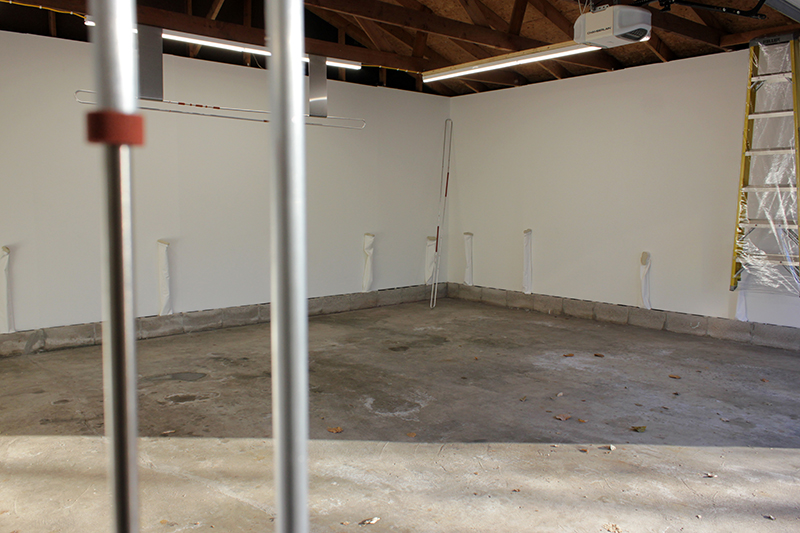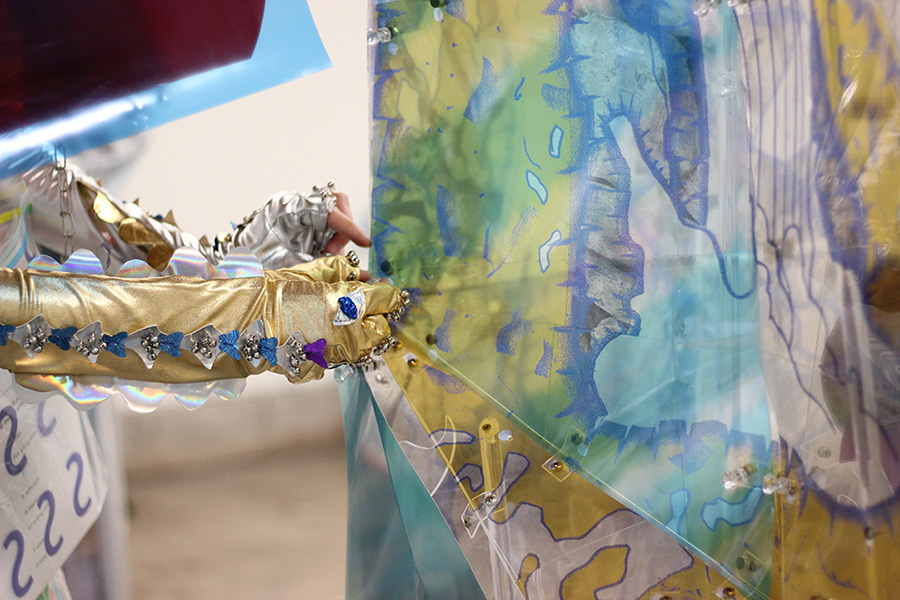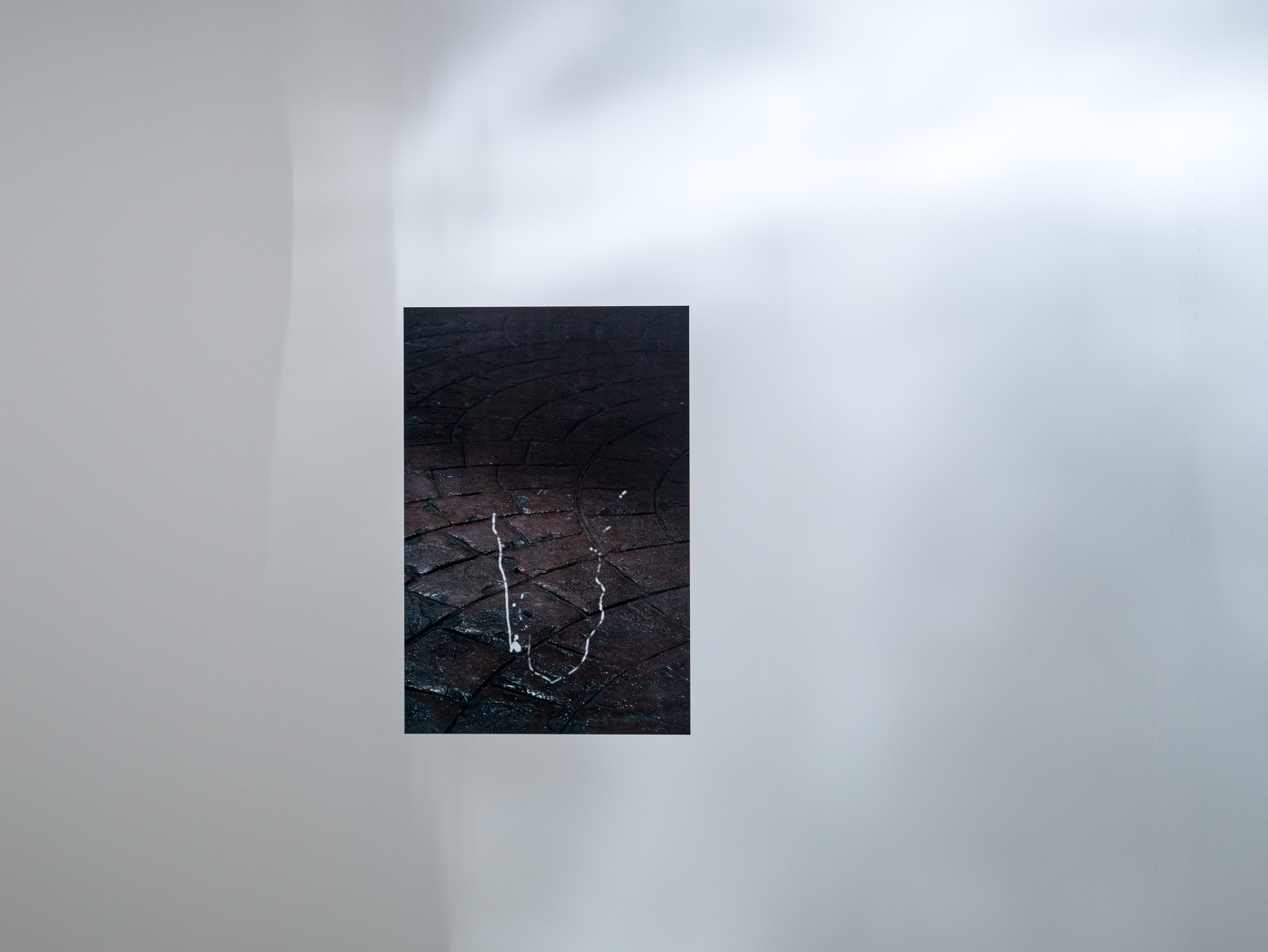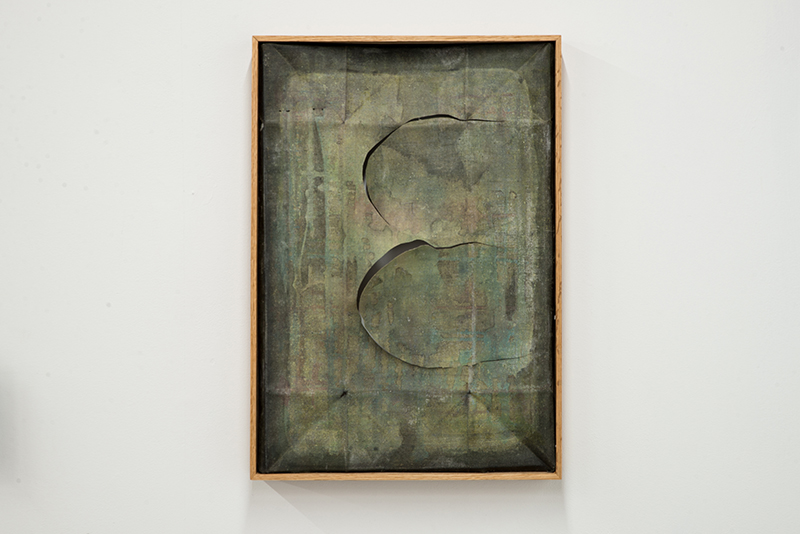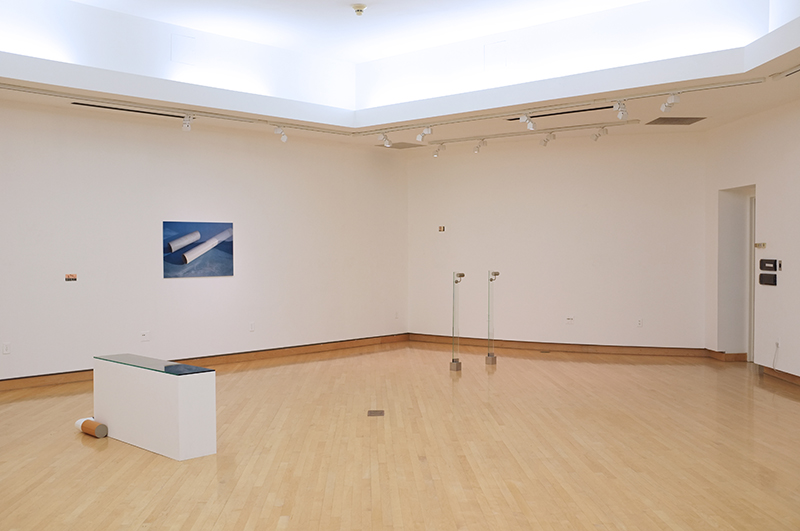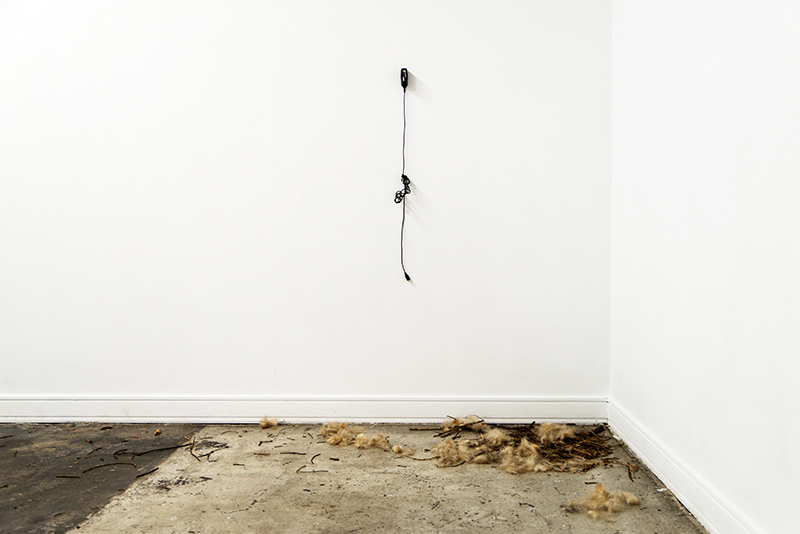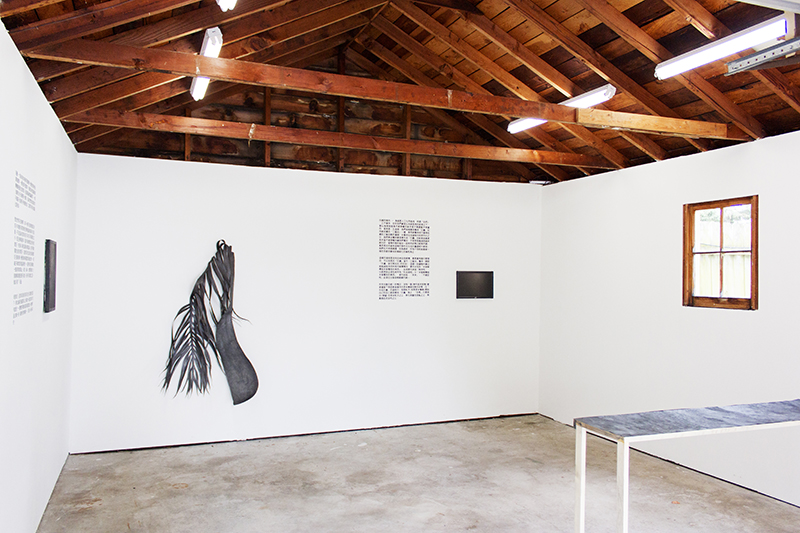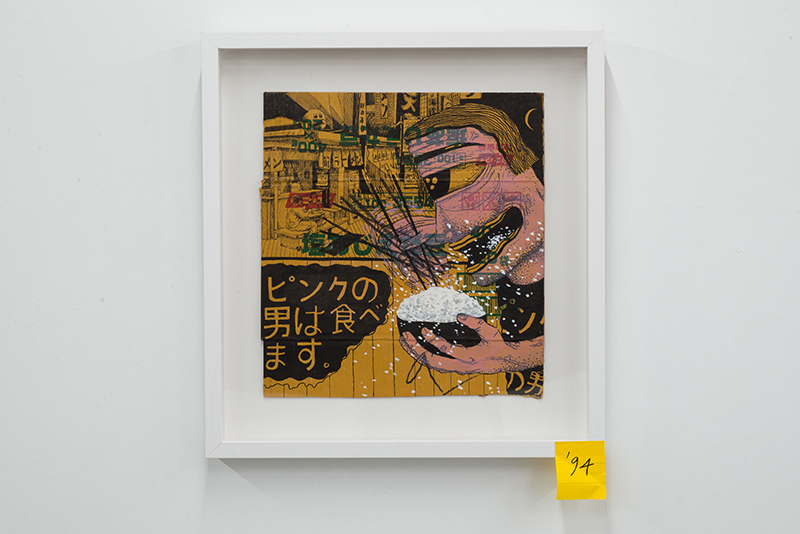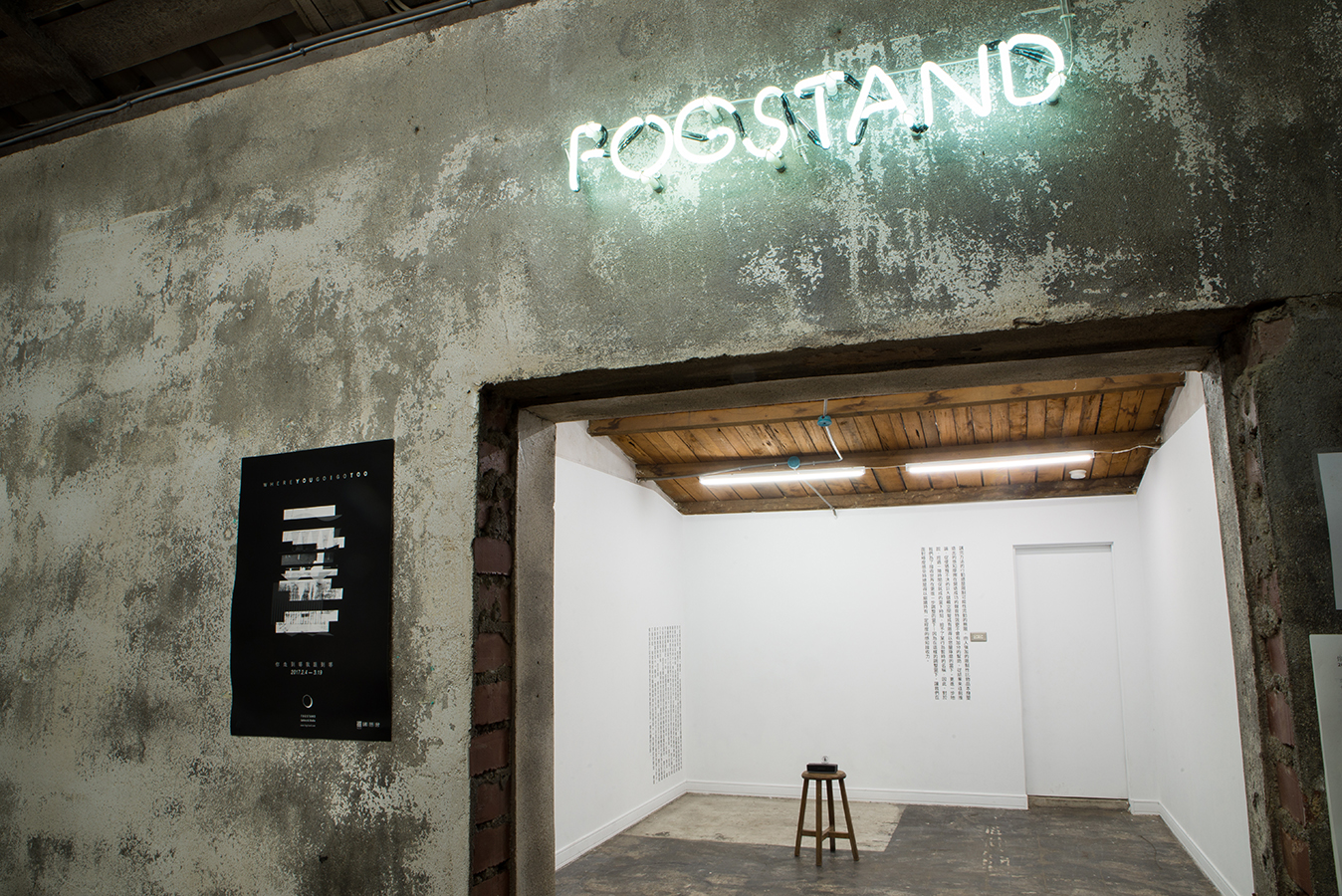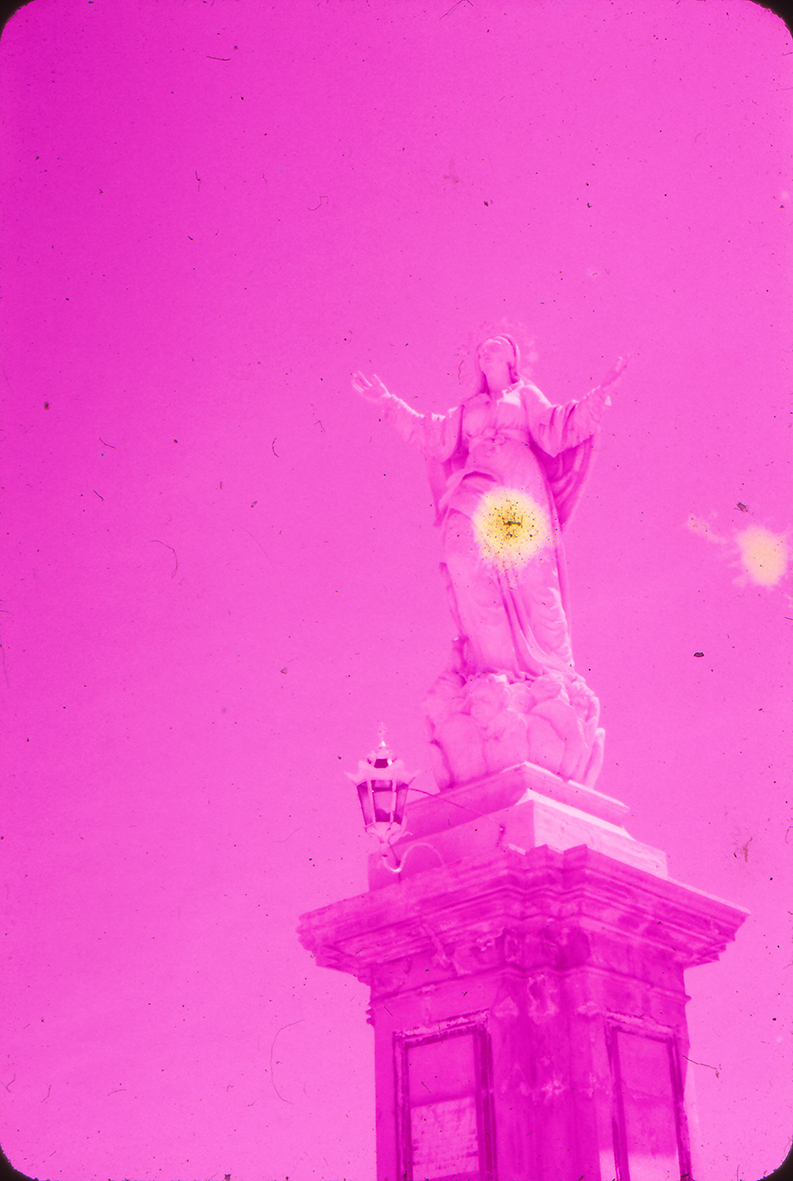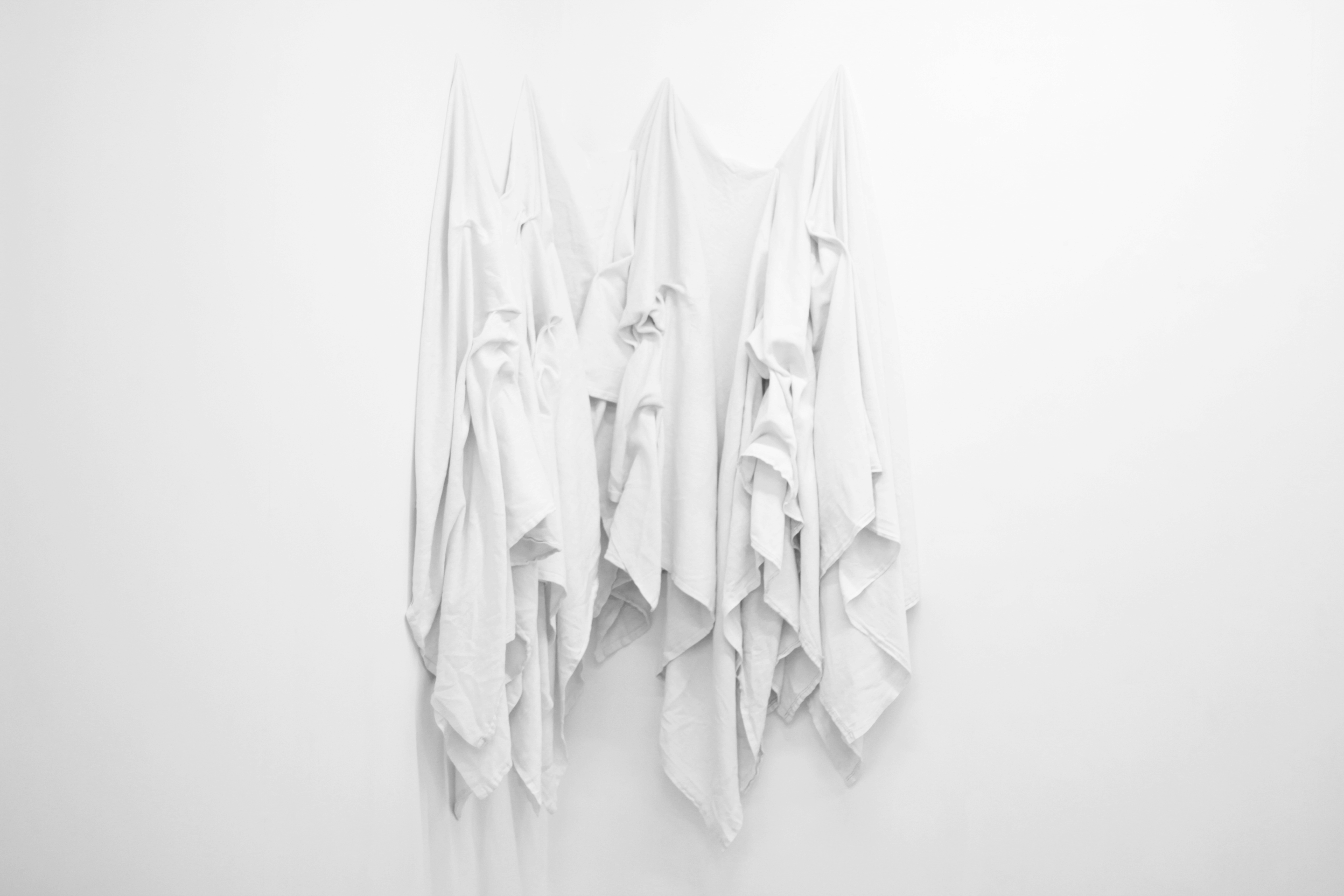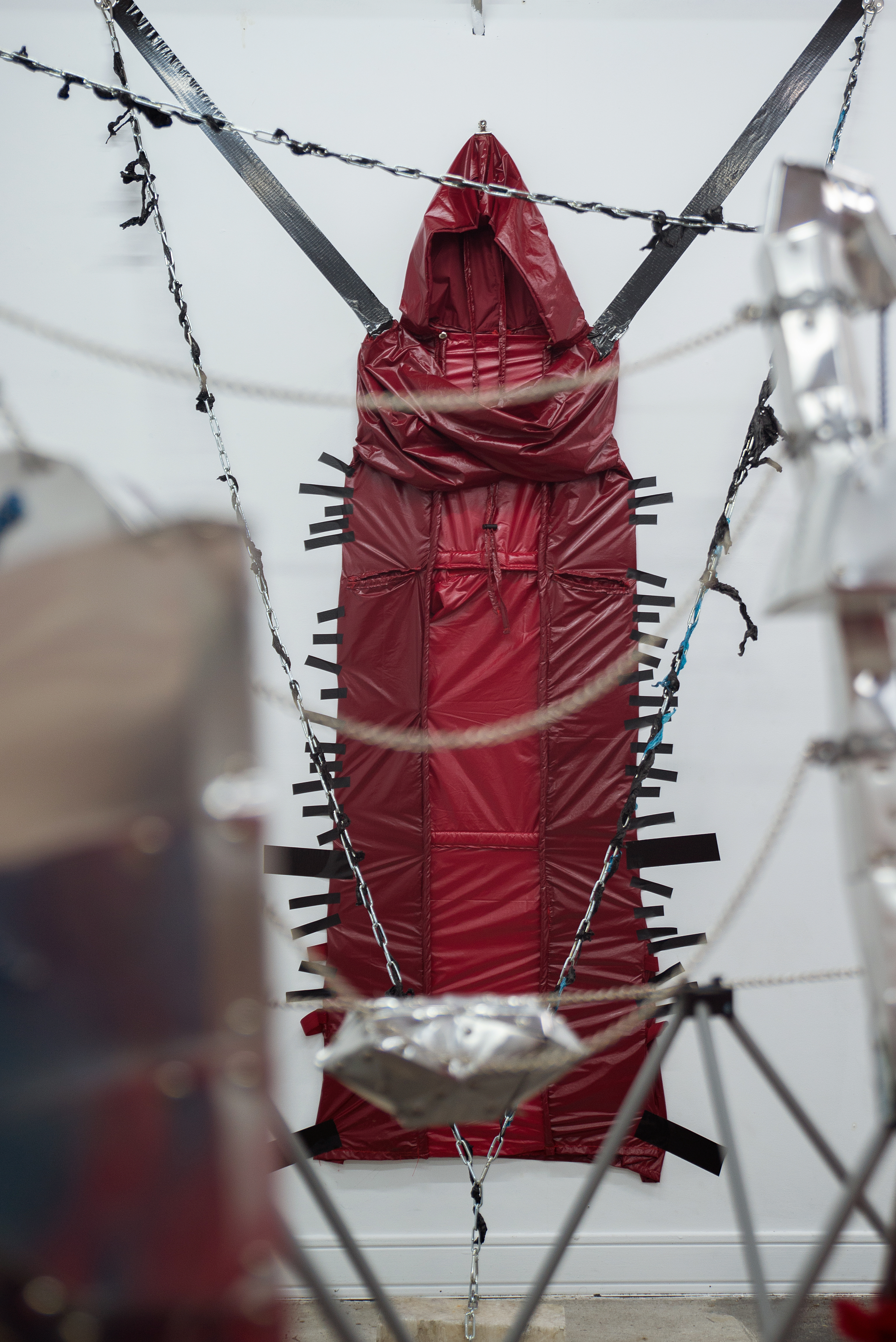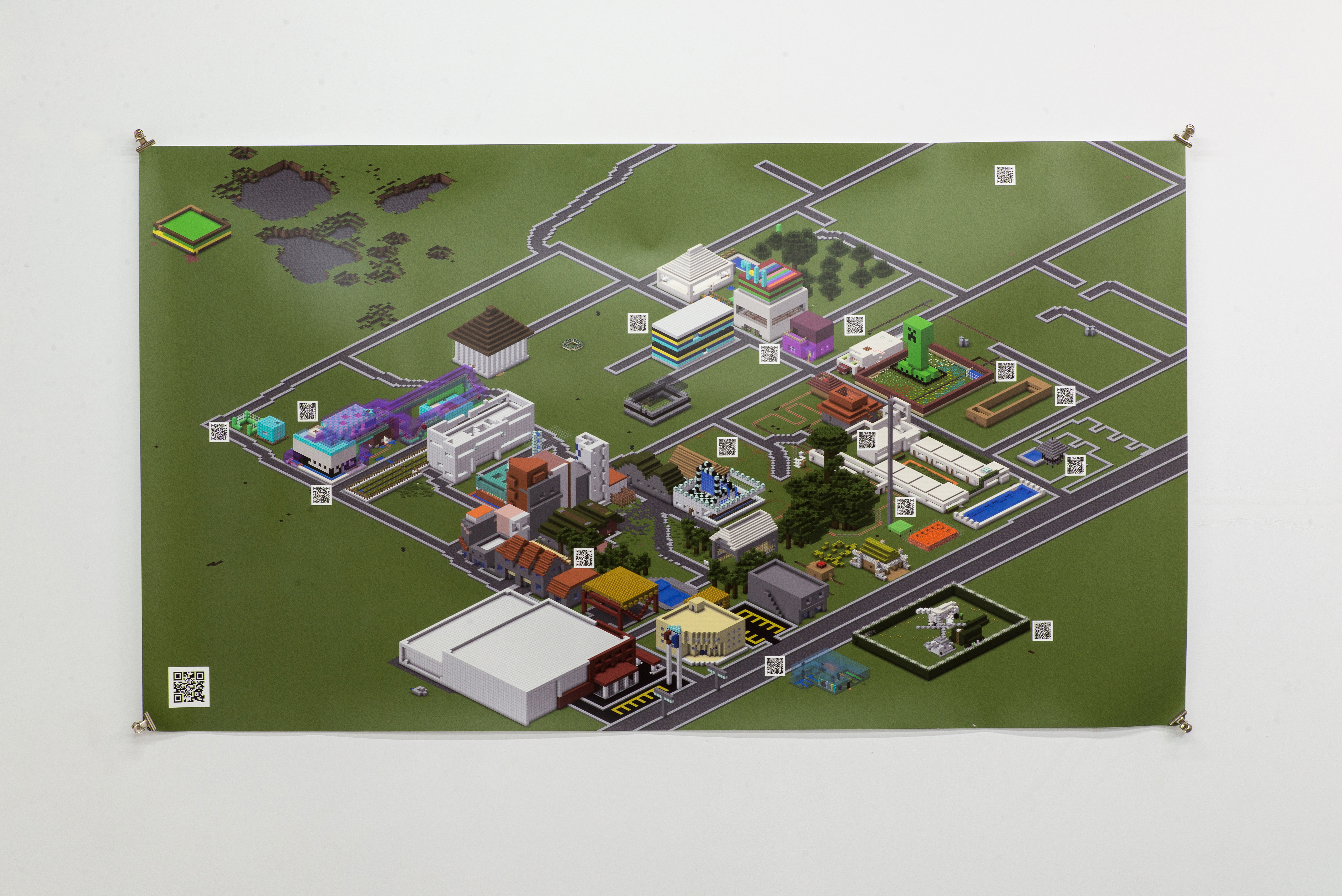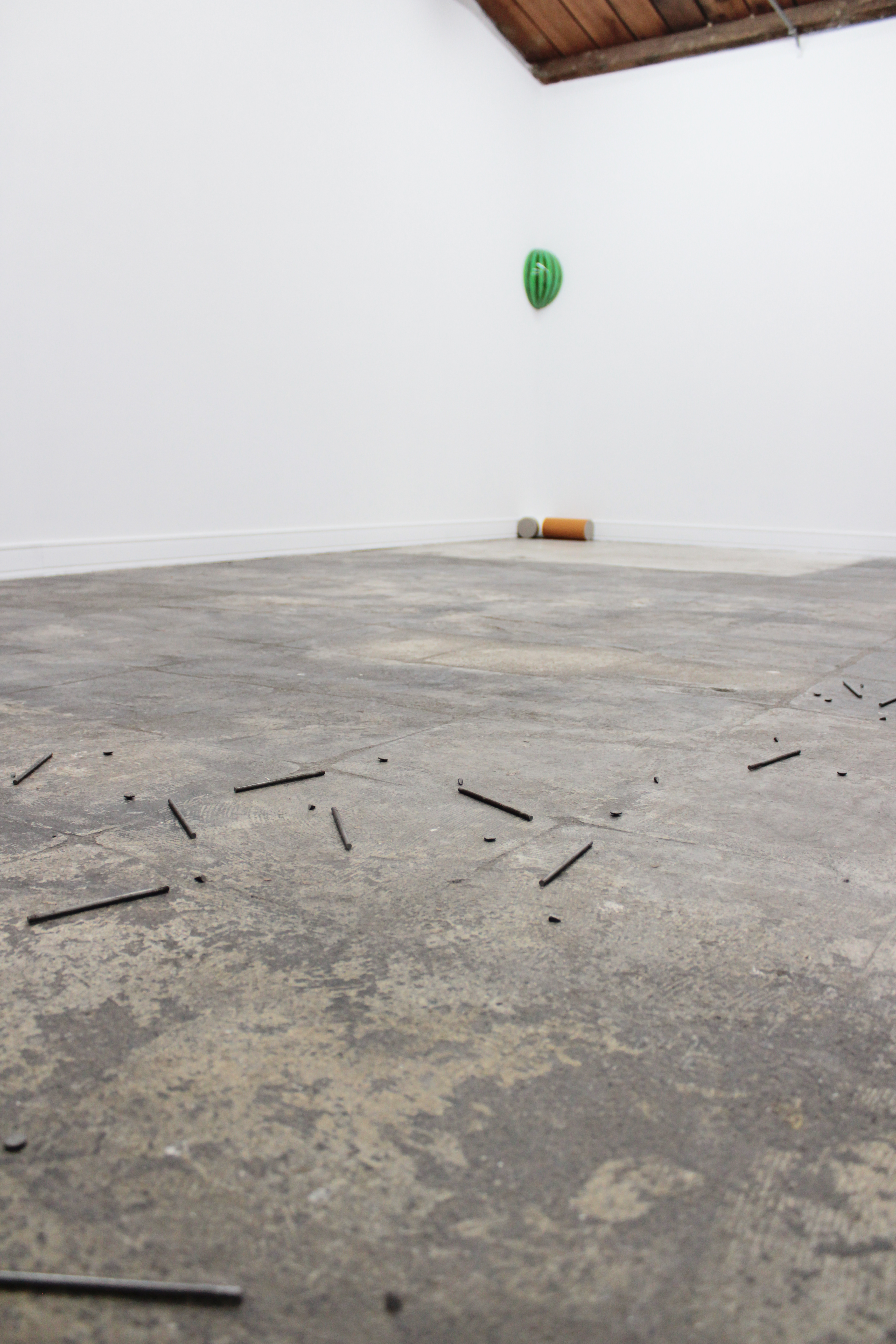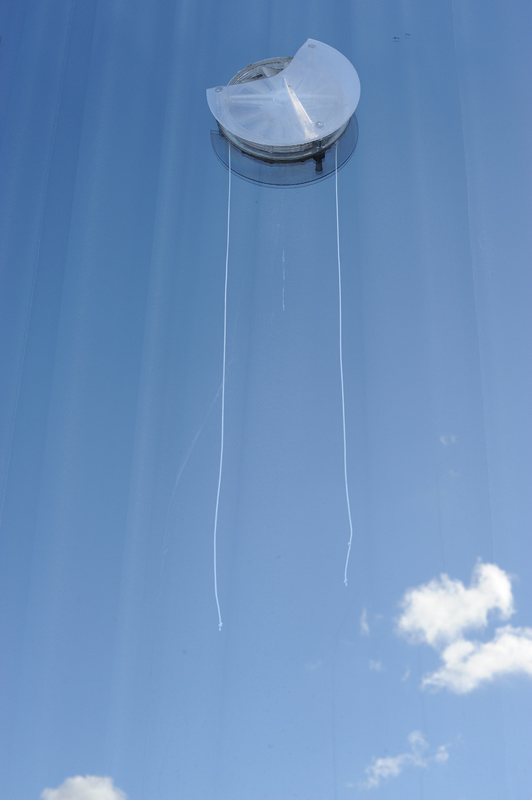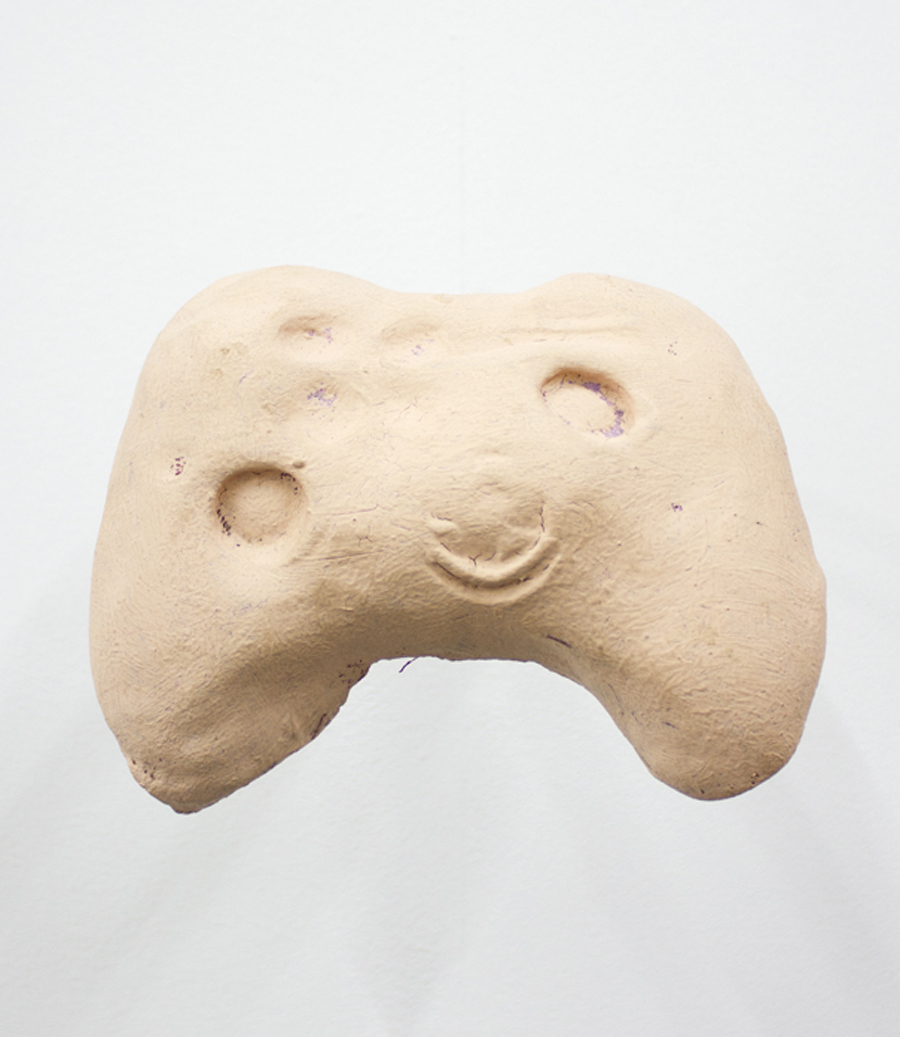FOGSTAND
Gallery & Studio
GOODBYE!
漢 ︎︎︎ EN
Contact ︎︎︎ 聯絡
Support ︎︎︎ 贊助
About ︎︎︎ 關於
Exhibition
Archive ︎︎︎ 歷年
Artist ︎︎︎ 藝術家
Workshop ︎︎︎ 工坊
Residency ︎︎︎ 駐村
News ︎︎︎ 新聞
Shop ︎︎︎ 販售
Gallery & Studio
GOODBYE!
漢 ︎︎︎ EN
Contact ︎︎︎ 聯絡
Support ︎︎︎ 贊助
About ︎︎︎ 關於
Exhibition
Archive ︎︎︎ 歷年
Artist ︎︎︎ 藝術家
Workshop ︎︎︎ 工坊
Residency ︎︎︎ 駐村
News ︎︎︎ 新聞
Shop ︎︎︎ 販售
FOGSTAND Gallery & Studio is a nonprofit art space and creative education centre. The space is temporarily closed.
This website has served as an online archive since 2024.
©2014-2025
FOGSTAND Gallery & Studio. All rights reserved.
Weekend Workshop
Guerrilla Language Series
#1: Cut Up

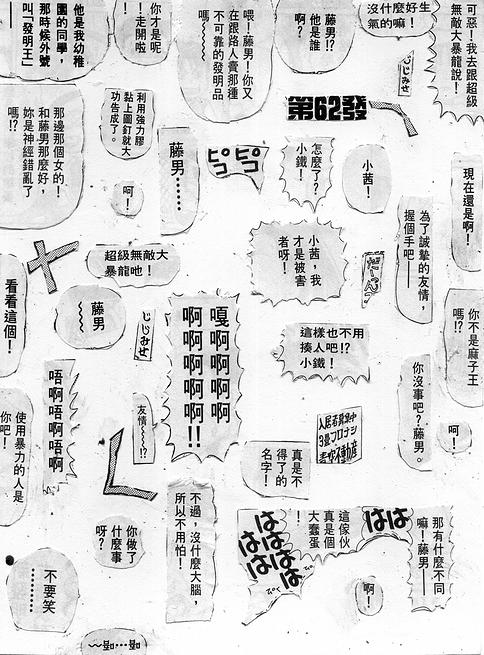
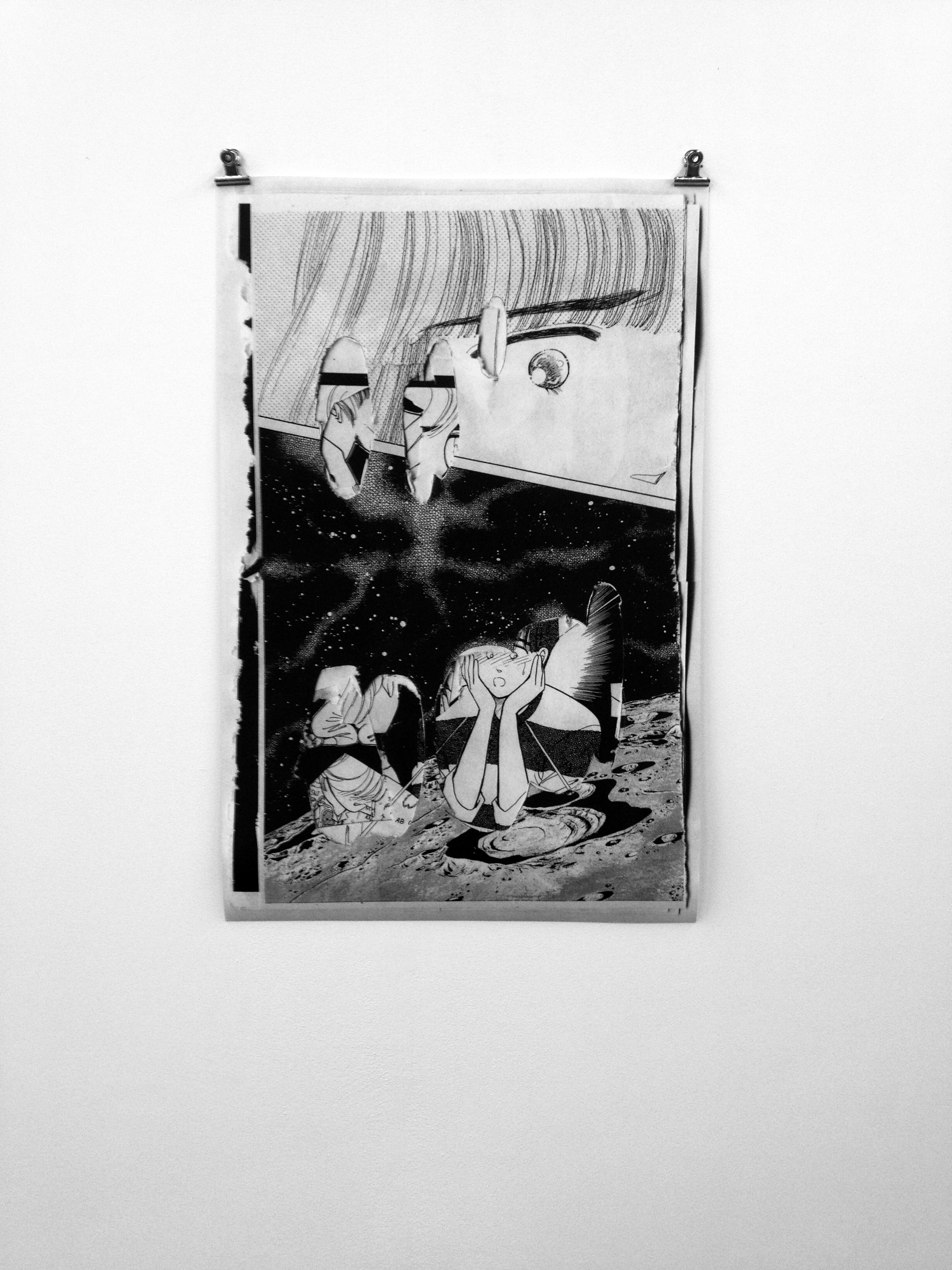
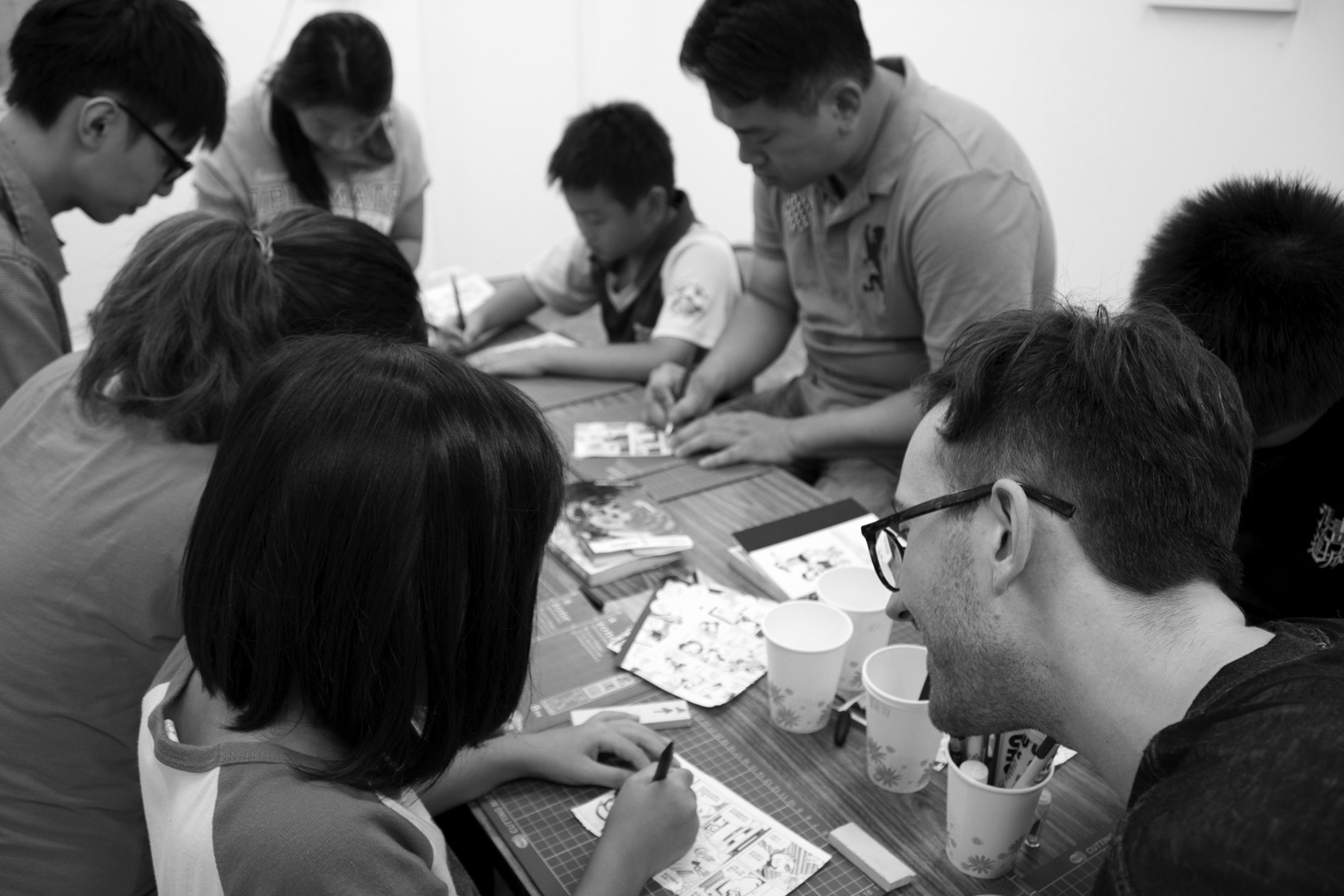
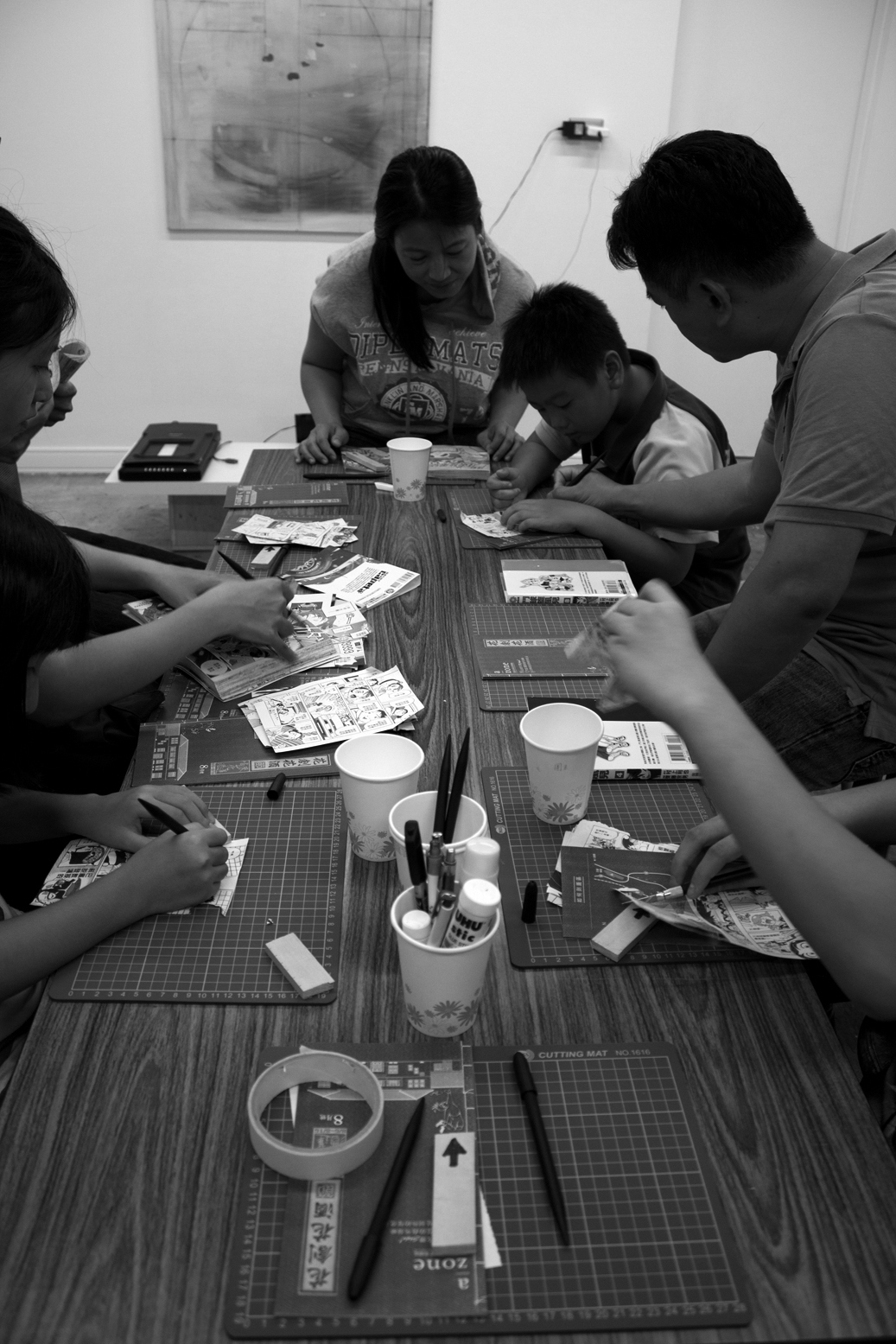
**This workshop is already concluded. If you are interested in working with our artists to host another paper making workshop with you, please contact us via email.
FOGSTAND’s Guerrilla language program consists of various workshops focused on the concept of language, namely how language opens up the ability to differentiate and combine under a shared sign. The Guerrilla language program specifically aims to teach Aboriginal children and teenagers the significance of their native language without going into the actual instruction of any language. Our program attempts to produce what could be seen as dystopian examples of language losing the ability to properly signify. Ultimately, language is the actual world, in that we only touch upon its sense through our shared use of a language. An actual world lost if the language is lost.
It must be noted that these language programs are not meant to be scare tactics, urging aboriginal children revolt against their national language. Instead, FOGSTAND is merely attempting to re-engage the identity of aboriginal language through the concepts and methods of current “post-historical” contemporary art practices. Although difficult and atypical, it is rewarding to see how contemporary art’s struggle with self-definition can inspire the re-definition of aboriginal identity, by and for aboriginals.
The first in the series of three workshops will begin with a manga (comic book) oriented project. Children and teenagers (12-18) attending this workshop are invited to bring their own preferred manga or to use those available from FOGSTAND. It must be noted that these manga will be torn and cut up, so do not bring a manga that you wish to keep intact.
The actual workshop takes the form of pseudo-game with a single rule: To cut out all the speech bubbles from both sides of a manga page until the overlapping pages no longer reveal speech bubbles underneath. To be more specific, the cutting of bubbles will leave holes in the page. These holes will reveal the page directly underneath. If these holes show more speech bubbles, then they also must be cut out. The process is not unlike digging deeper into the book. The result is a series of pages overlapping visual information due to the loss of speech bubbles. With the loss of speech, the images loose their ability to make sense.
To achieve the finished product, the student may cut through anyways from 2 - 5 pages. After the fifth page, the student must stop no matter if speech bubbles are still visible underneath. The pages are then stacked up and scanned.
After the image is finished, the student can now take all the speech bubbles and create a story of their own, or attempt to re-construct the story from their memory.
In closing, this workshop aims to separate the image from the text and illustrate to the student the dependency between text and image, language and the world. The results will be placed on exhibition for the larger community to see for a single weekend in October 2014.
It must be noted that these language programs are not meant to be scare tactics, urging aboriginal children revolt against their national language. Instead, FOGSTAND is merely attempting to re-engage the identity of aboriginal language through the concepts and methods of current “post-historical” contemporary art practices. Although difficult and atypical, it is rewarding to see how contemporary art’s struggle with self-definition can inspire the re-definition of aboriginal identity, by and for aboriginals.
The first in the series of three workshops will begin with a manga (comic book) oriented project. Children and teenagers (12-18) attending this workshop are invited to bring their own preferred manga or to use those available from FOGSTAND. It must be noted that these manga will be torn and cut up, so do not bring a manga that you wish to keep intact.
The actual workshop takes the form of pseudo-game with a single rule: To cut out all the speech bubbles from both sides of a manga page until the overlapping pages no longer reveal speech bubbles underneath. To be more specific, the cutting of bubbles will leave holes in the page. These holes will reveal the page directly underneath. If these holes show more speech bubbles, then they also must be cut out. The process is not unlike digging deeper into the book. The result is a series of pages overlapping visual information due to the loss of speech bubbles. With the loss of speech, the images loose their ability to make sense.
To achieve the finished product, the student may cut through anyways from 2 - 5 pages. After the fifth page, the student must stop no matter if speech bubbles are still visible underneath. The pages are then stacked up and scanned.
After the image is finished, the student can now take all the speech bubbles and create a story of their own, or attempt to re-construct the story from their memory.
In closing, this workshop aims to separate the image from the text and illustrate to the student the dependency between text and image, language and the world. The results will be placed on exhibition for the larger community to see for a single weekend in October 2014.

